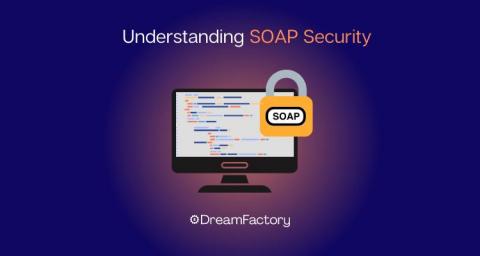Introducing DreamFactory's New UI!
This blog article outlines the significant changes and improvements introduced in our platform’s latest DreamFactory UI update. The update is designed to enhance user experience, improve usability, and provide a fresh and modern look and feel. Table of Contents.



















